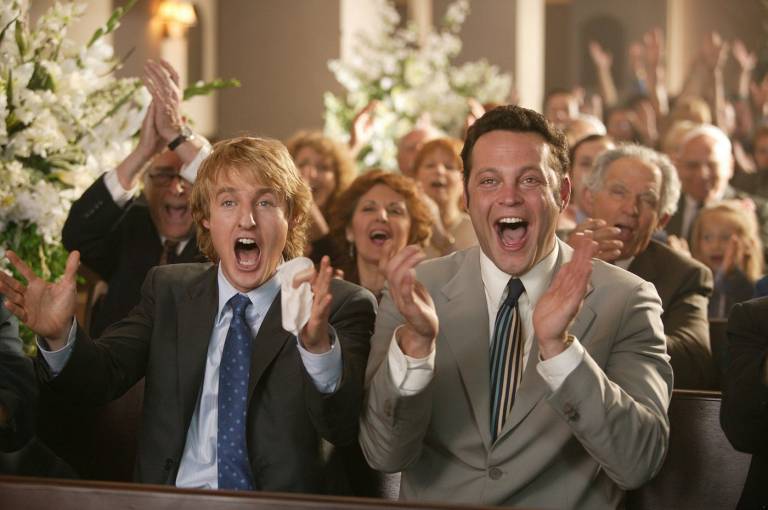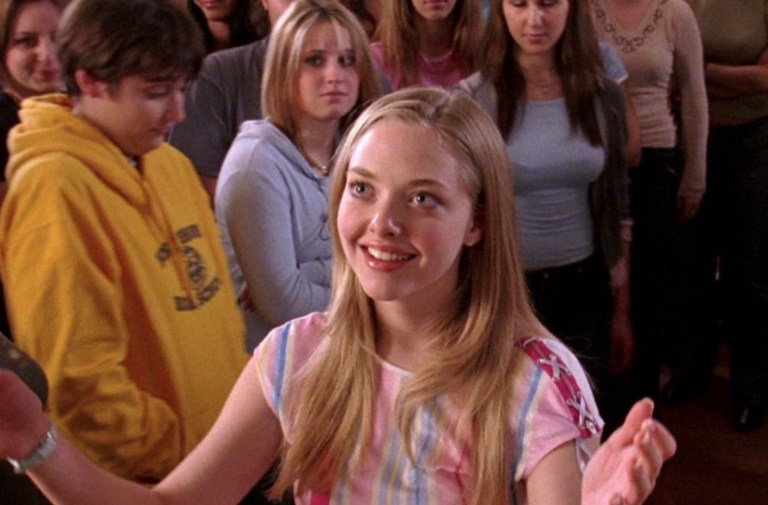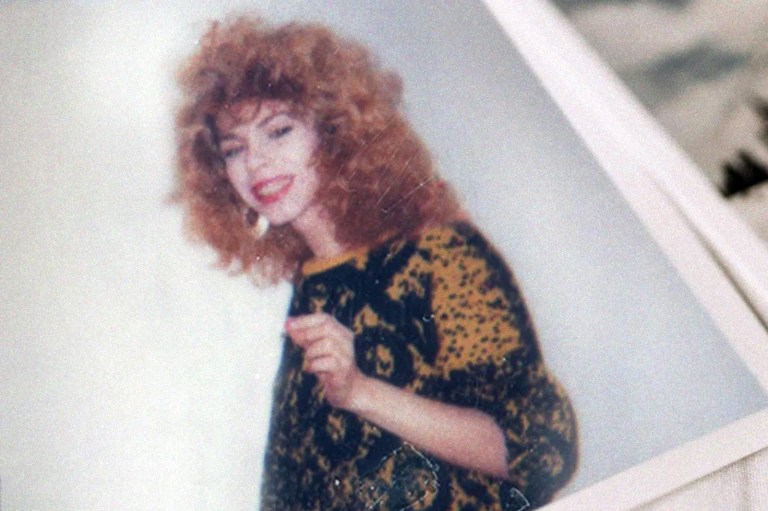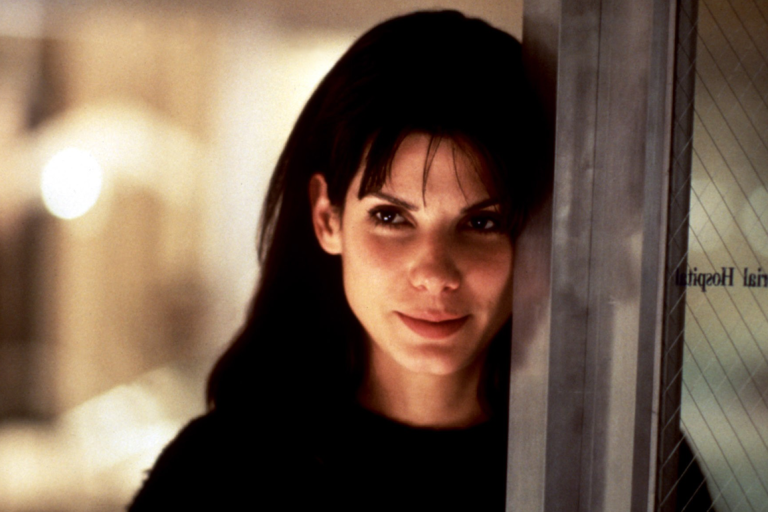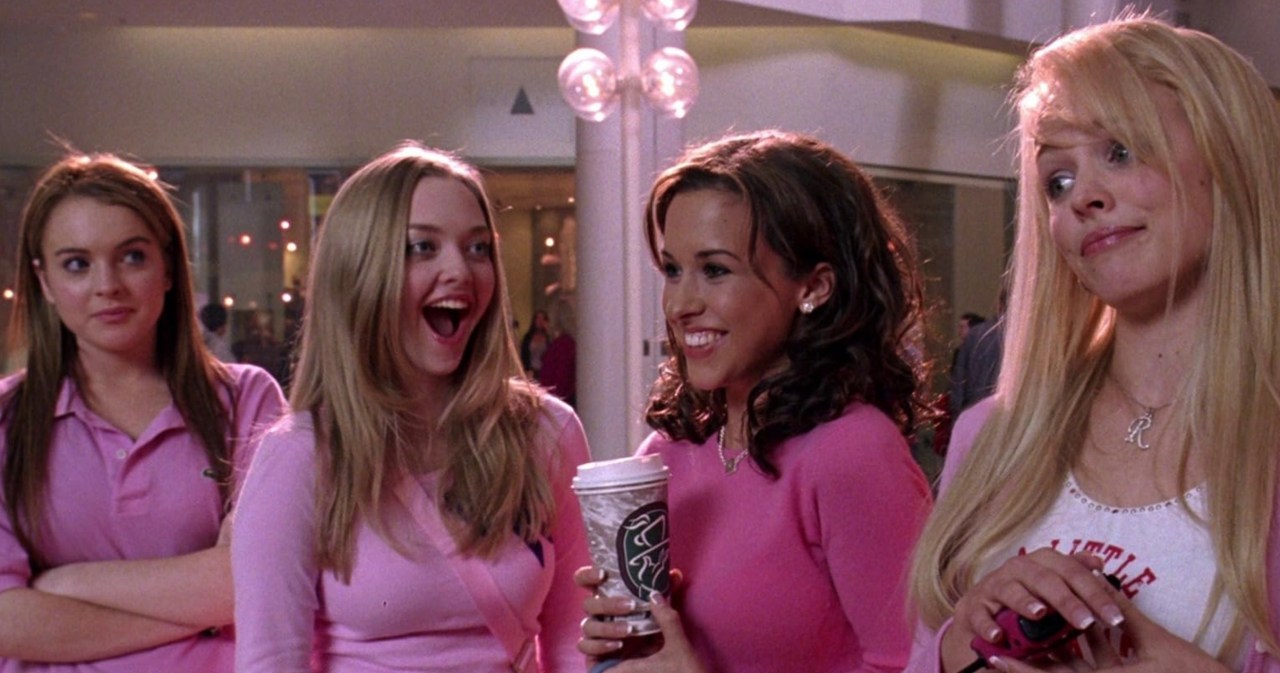
20 Years Later, Does ‘Mean Girls’ Still Hold Up?
By ![]() Jamie Lerner
Jamie Lerner
Mean Girls came out in 2004 to an audience who had rarely seen crude humor combined with femininity. But some of the crude jokes and tropes in the film might not hold up to a 2024 audience. Whenever we watch something that’s 20 years old, we often justify out-of-touch jokes by noting that the movie is “of its time.”
In many ways, however, Mean Girls was ahead of its time. Like 2023’s Barbie, it was a rare comedy marketed towards women. When we look back at many of the comedies written by men, it’s easy to say they would not hold up today. For example, Revenge of the Nerds shows actual sexual assault and harassment, but don’t worry! It was made in the 80s! (We’re still cringing.)
In more recent decades, there are plenty of jokes, typically about race, feminism, and sexuality, that wouldn’t pass 2024’s heightened political correctness. It’s not a bad thing that our modern-day world has more awareness of how to talk and joke about different identities. We shouldn’t police language and comedy too much, but the line has shifted between what was once acceptable to what’s now completely inappropriate. Plus, changing trends in film and television, such as casting closer to characters’ actual ages, can also affect if films are even funny or watchable today.
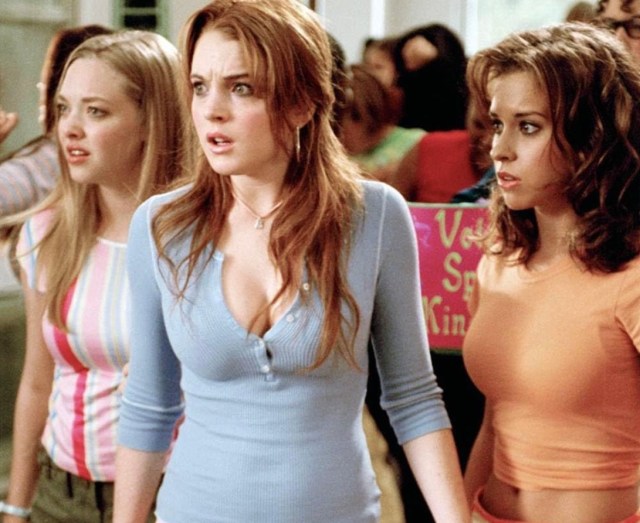
Now that Mean Girls is getting rebooted, we expect the 2024 version to make several changes that bring the story into the modern era. If it’s anything like the Broadway musical, this will likely include references to cell phones and social media, a song sung by Karen about how women “can be what we want to be and sexy!” and a musical deep dive into Gretchen’s insecurities that explain her gossiping behavior. But does the original version still hold up?
‘Mean Girls’ holds up for the most part, but there are some concessions
As far as its style and humor go, Mean Girls is an easily rewatchable film. Many of Damian’s lines, such as his description of Gretchen Weiners—“That’s why her hair is so big. It’s full of secrets!”—and his support of Glen Coco’s four candy cane grams (“Four for you Glen Coco, you go Glen Coco!”) are still quotable today.
Most importantly, the message and story of Mean Girls is still relevant. It’s about a popular clique that everyone wanted to be a part of. Until Mean Girls came out, little girls everywhere thought that being part of the clique was one of the most important things. But Mean Girls showed us that it’s more important to be true to who we are, even if that means publicly declaring our love of typically nerdy things, like Cady’s love of math.
We now live in an age of following trends, thanks to TikTok. Hopefully, Mean Girls’ 2024 version uses this new form of going with the grain as an example of what not to do. Cliques may be out, but that doesn’t mean there aren’t still various forms of peer pressure and clout-chasing. While the movie’s main thread and message are still relevant, some of the jokes and aspects of 2004’s Mean Girls need to be watched while thinking, “Well, it was 2004.”
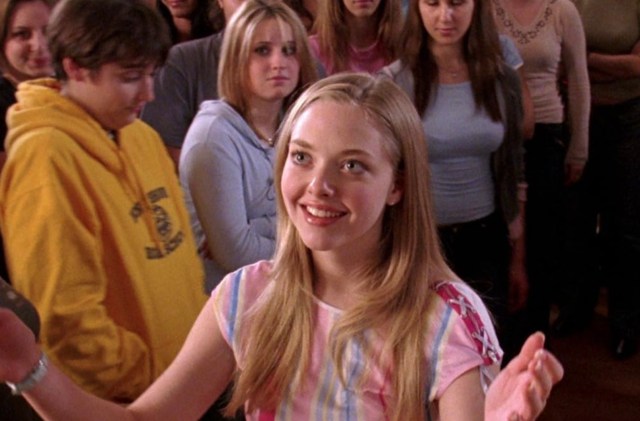
For example, we know that Cady comes from Africa, but the specific country she lived in is never mentioned. Africa is treated as its own country, which might have been a commentary on audiences’ lack of differentiating between different African countries. Or it might have just been a sign of the times. The race jokes throughout the film are all pretty cringey now, from Cady approaching a clique of Black girls and saying “Jambo” to Kevin G., the token Brown kid, rapping, to the Vietnamese girls saying the N-word.
Beyond this, there’s a lot of homophobia throughout the film. Mean Girls clearly takes a pro-gay stance with Damian as one of its heroes. But Regina George is so homophobic that she doesn’t invite Janice to her pool party just because she thinks Janice could be a lesbian. In today’s world, the popular girl would never get away with that sort of behavior and homophobic thinking.
The film also plays out so that the Burn Book is the ultimate crux of the women’s war against one another. But with today’s social media, it’s likely many of these rumors and “burns” would have been passed around surreptitiously without Principal Duvall’s awareness. Even the tactics used to take down Regina would have been affected by access to the internet, such as the Kalteen bars Cady gives her. We hope a 2024 Regina would at least Google what Kalteen bars are used for.
But one of the biggest differences in the times is how women see themselves today versus how we saw ourselves in 2004. The mirror scene in Regina’s bedroom shows that women were taught to be insecure about their bodies. In the last 20 years, however, women have undergone a revolution of self-love and body positivity. This is also evident in the 2004 cast—all the Plastics were stereotypically hot, skinny, and white. That would not fly today. People who have diverse backgrounds and body types can be and are often the most popular kids in school.
So while Mean Girls holds up for the most part, its casting choices (which includes casting people who look like they’re in their mid-20s to play students), certain jokes, and its perspective of women’s self-image aren’t so “fetch” today.
